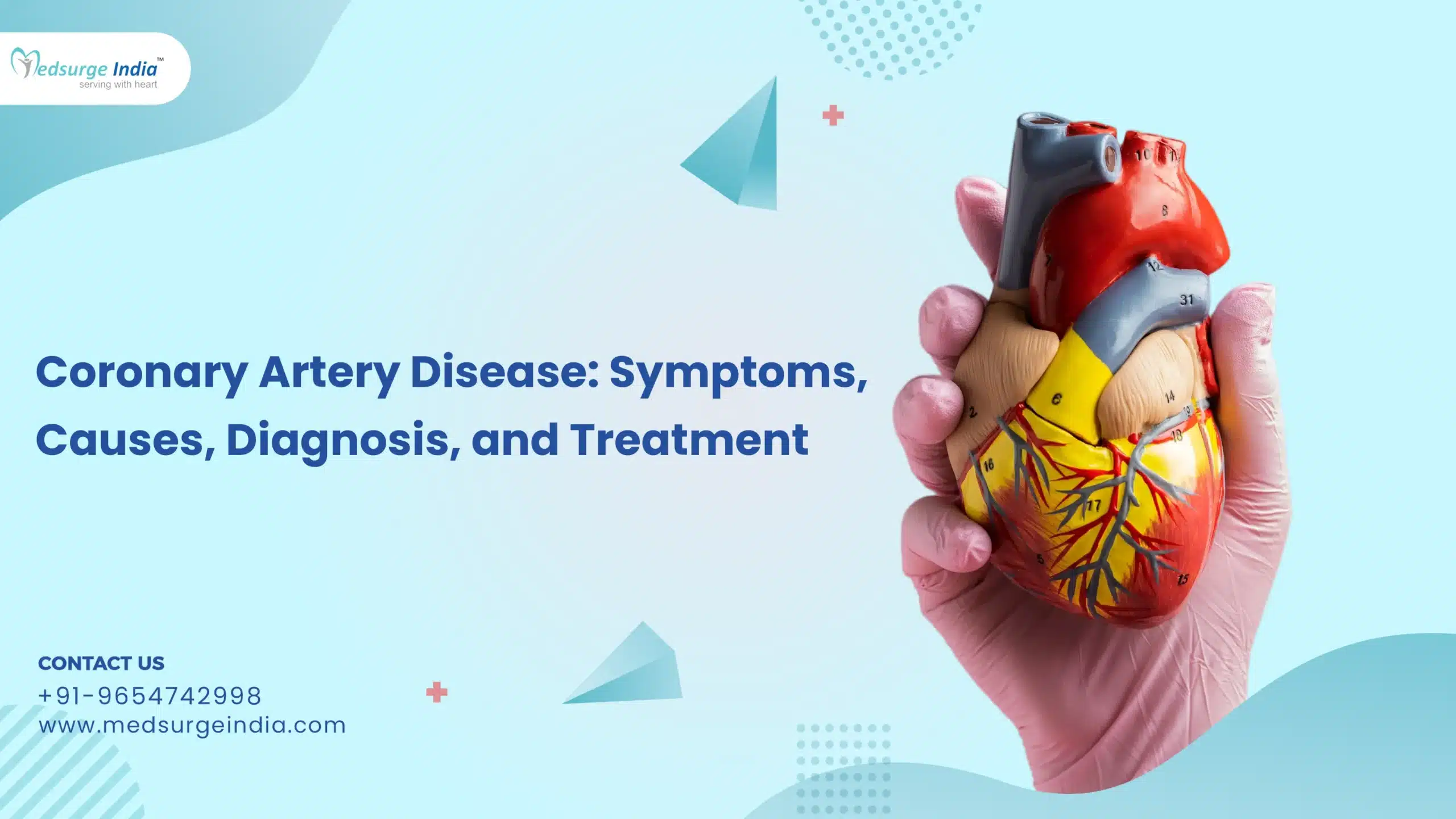
Kidney Replacement Surgery: Required for Every Patient With Kidney Disease?
Kidney disease is a condition that affects millions of people worldwide. As the kidneys play a crucial role in filtering waste and excess fluids from the body, any dysfunction in these organs can lead to significant health complications. In severe cases of kidney disease, kidney replacement surgery becomes a consideration. However, the question arises: is it required for everyone with kidney disease? In this blog, we will explore the factors that determine the need for kidney replacement surgery and shed light on alternative treatment options.
Understanding Kidney Replacement Surgery
Kidney replacement surgery, also known as renal replacement surgery, refers to the medical intervention aimed at replacing impaired kidney function in individuals with end-stage renal disease (ESRD). ESRD is the final stage of chronic kidney disease, where the kidneys have lost their ability to function properly.
There are 2 primary categories of KRT:
Kidney transplant: One healthy kidney is implanted during this procedure from a living donor or a recently deceased person (deceased donor). Your present kidneys’ functions are assumed by the donated kidney.
Helpful:- Who Is the Right Person for Kidney Transplant
Dialysis: This medical procedure takes the place of the kidneys’ typical role of filtering the blood. Peritoneal dialysis (PD) and hemodialysis (HD) are the 2 forms of dialysis. PD is carried out at home, whereas HD can be done either there or in a dialysis facility.
The Need for Kidney Replacement Surgery
While kidney replacement surgery, in the form of dialysis or kidney transplantation, is a life-saving treatment for individuals with ESRD, it may not be necessary or suitable for everyone with kidney disease. Several factors are considered when determining the need for kidney replacement surgery:
1. Stage of Kidney Disease: The stage of kidney disease is crucial in determining whether kidney replacement surgery is required. In the earlier stages, lifestyle modifications, medication, and other non-invasive treatments may be effective in slowing disease progression and managing symptoms.
2. Overall Health Status: The overall health of an individual plays a significant role in deciding the necessity of kidney replacement surgery. Certain medical conditions, such as advanced heart disease or cancer, may make the procedure less viable or suitable.
3. Quality of Life: The impact of kidney disease on an individual’s quality of life is an essential consideration. If the symptoms are manageable, and the disease progression is slow, kidney replacement surgery may not be immediately required.
Learn about – Kidney Transplants in India.
Alternative Treatment Options
Kidney replacement surgery is not the only treatment option available for individuals with kidney disease. Depending on the specific circumstances, alternative treatments may be considered:
1. Medication and Lifestyle Modifications: In the early stages of kidney disease, medications and lifestyle modifications, such as dietary changes and regular exercise, can help slow down the progression of the condition and manage symptoms effectively.
2. Conservative Management: Conservative management focuses on symptom management and improving quality of life without resorting to invasive procedures. This approach may include pain management, dietary adjustments, and close monitoring of kidney function.
Helpful: What is The Success Rate of Kidney Transplants in India
Best Kidney Transplant Hospitals in India
- Fortis Hospital, Bangalore
- Medanta Hospital, Gurgaon
- Manipal Hospital Dwarka, Delhi
- Fortis Hospital, Gurgaon
- Apollo Hospitals, Greams Road, Chennai
- Indraprastha Apollo Hospital New Delhi
- Global Hospital Mumbai
Bottom Line
Kidney replacement surgery is a life-saving treatment for individuals with end-stage renal disease. However, it may not be required for everyone with kidney disease. Factors such as the stage of the disease, overall health status, and quality of life should be carefully evaluated by healthcare professionals to determine the most appropriate treatment plan. Alternative treatment options, including medication, lifestyle modifications, and conservative management, can be effective in managing kidney disease in its early stages. It is essential for individuals with kidney disease to work closely with their healthcare team to determine the best course of action for their specific condition.
Read also: Life After A Kidney Transplant












